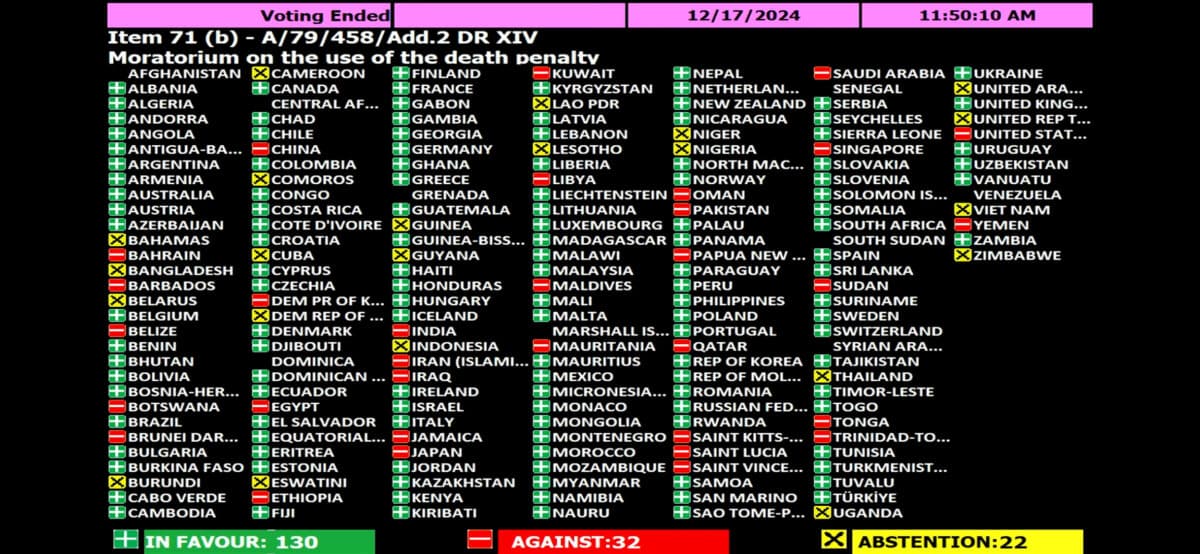MEPs call on Guatemala not to reinstate capital punishment
Abolition
Flautre chairs the subcommittee on human rights and Obiols the delegation for relations with the countries of Central America. Both are deeply concerned at the possible resurgence of capital punishment in Guatemala.
Two months after the adoption of the landmark UN General Assembly resolution for a global moratorium on executions, the Guatemalan congress adopted a law granting the Guatemalan president the discretion to pardon death row inmates or commute their sentences.
The move fills in a legal vacuum that blocked executions since 2000 and ends Guatemala’s moratorium on executions. Guatemalan President Álvaro Colom has declared that he would not pardon those sentenced to death.
Guatemala ‘forfeits its own pledges’
Flautre said in a statement that such a move “runs counter the world-wide trend towards abolition, and most importantly forfeits Guatemala’s own pledges to consolidate the moratorium with a full-fledged abolition and not to reintroduce capital punishment. By voting for the UNGA resolution less than two months ago, Guatemala underlined that the use of the death penalty undermines human dignity and is a violation of the right to life”.
Obiols added that “capital punishment in fact perpetuates a climate of violence”. According to the UNGA resolution, and as the experience of the European continent shows, “there is no evidence of the death penalty’s deterrent value and any miscarriage or failure of justice in the death penalty’s implementation is irreversible and irreparable”.
There are 21 inmates on death row in Guatemala.







